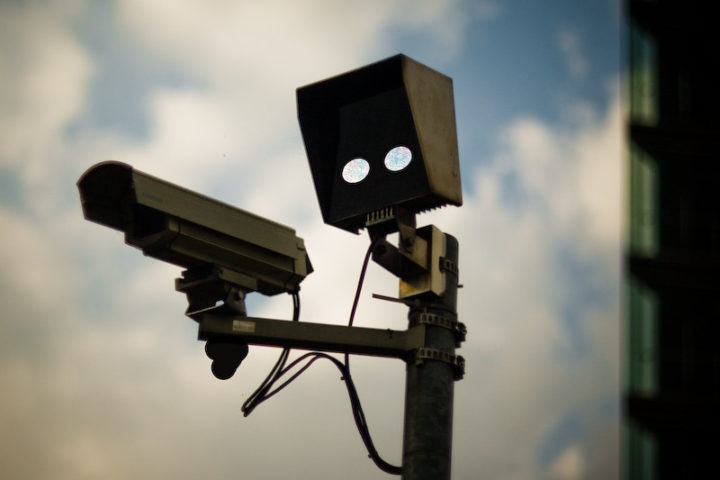The Bombay High Court’s Aurangabad bench has ruled that recording conversations inside a police station does not violate the Official Secrets Act, 1923, bringing much-needed clarity to cases involving citizens’ rights to document interactions with the police.
The case in question involves two brothers, Subhash and Santosh Rambhau Athare, who were charged with criminal conspiracy and intimidation under sections 120B and 506 of the Indian Penal Code (IPC) in July 2022. These charges stemmed from an incident in which Subhash Athare recorded a conversation with a police officer after an unfortunate altercation where trespassers attacked their mother in April 2022. Dissatisfied with the police handling of their complaint, the brothers sought answers, leading to an uncomfortable confrontation with the investigating officer.
On May 2, 2022, when Subhash confronted the officer about the investigation, he secretly recorded their conversation during which he was allegedly threatened to withdraw the complaint. After forwarding the recording to the Director General of Police, an FIR was filed against him under the Official Secrets Act, accusing him of spying.
ALSO READ: Join The Movement: Registration Open for ‘Cyber Safe Uttar Pradesh’ Event by FCRF on October 17
However, the bench, comprising Justices Vibha Kankanwadi and S G Chapalgaonkar, concluded that the charges under the Official Secrets Act were unfounded. According to the court, a police station does not qualify as a “prohibited place” under Section 2(8) of the Act, which defines where breaches of official secrecy can be charged. Additionally, the court emphasized that Section 3 of the Official Secrets Act deals with “Penalties for spying,” and the activities conducted in a police station do not fall under its purview.
The court quashed the spying charges but declined to interfere with the charges under the IPC, allowing the criminal conspiracy charges to be further examined in a lower court. The case will now return to the Judicial Magistrate First Class in Pathardi for further evaluation of these charges.
The brothers’ counsel argued that the FIR was retaliatory, based on concocted evidence to intimidate them into withdrawing their complaint. Conversely, the prosecution claimed that Subhash’s act of recording amounted to intimidation of police personnel, especially considering Subhash was also a police officer, which justified the filing of the charges.
This judgment provides significant precedence for cases where citizens record police interactions. It signals that citizens’ actions in police stations do not automatically fall under the spying provisions of the Official Secrets Act, thus safeguarding civil rights.
It is important to note that this ruling aligns with the recent Madhya Pradesh High Court’s directive mandating police officers to wear body cameras while conducting investigations or making arrests. This growing recognition of accountability in police stations serves to protect both citizens and law enforcement officers during sensitive interactions.
Follow The420.in on
Telegram, Facebook, Twitter, LinkedIn, Instagram and YouTube



